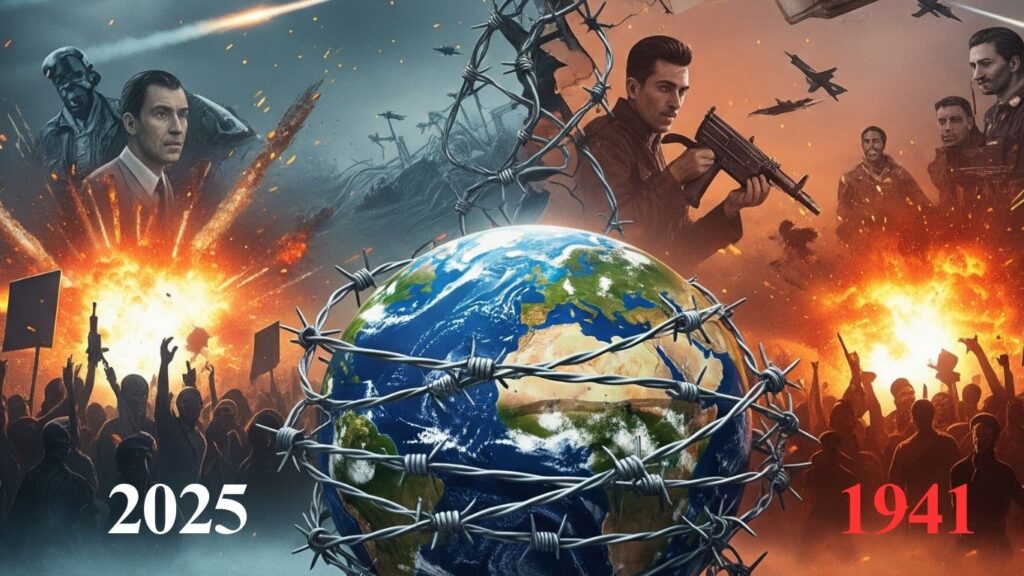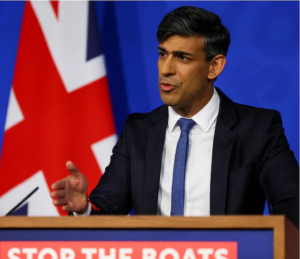The first half of 2025 mirrors the chaos of 1941 — from war and terror to fire and flight tragedies, experts fear history may be repeating itself
18 June 2025, New Delhi
As the first six months of 2025 come to a close, the world finds itself gripped by a wave of unrest — wars, terrorism, devastating fires, and tragic plane crashes have disrupted global stability. Beyond the headlines, what’s raising eyebrows is an eerie resemblance between 2025 and one of the most turbulent years in modern history — 1941.
Calendar analysts have confirmed a rare alignment: both 2025 and 1941 are non-leap years that began on a Wednesday. This means every date and day in both years falls exactly the same — a phenomenon that usually recurs every 28 years due to the structure of the Gregorian calendar. While such a calendar match isn’t unprecedented, what makes this alignment unsettling is how closely the global events of 2025 are beginning to echo the chaos of 1941.
1941: The World Engulfed in War
The year 1941 marked a critical point in World War II. Nazi Germany launched Operation Barbarossa against the Soviet Union, and Japan attacked Pearl Harbor, prompting the United States to enter the war. The conflict expanded across Europe, Africa, and Asia, involving nearly every major global power in brutal confrontations.
2025: Are We Watching History Repeat?
Fast forward to 2025, and a series of alarming developments is unfolding:
- The Russia-Ukraine war continues to escalate.
- Following the Pahalgam terror attack, India and Pakistan engaged in a four-day military confrontation.
- In the Middle East, after a brief lull in the Israel-Hamas conflict, Israel launched an assault on Iran.
- The United States remains deeply involved — directly or indirectly — across nearly every flashpoint from Eastern Europe to the Persian Gulf.
What worries global observers is not just the spread of conflict, but the increasing involvement of global superpowers in simultaneous, interconnected crises.
A Chilling Pattern Emerges
The parallels between 1941 and 2025 now seem more than coincidental. Identical calendars, widespread conflicts, direct military involvements of global powers, and the looming threat of a broader war — all of this has led to growing speculation:
Is 2025 shaping up to be a modern echo of 1941?
While some dismiss it as a dark coincidence, others argue it’s a sign of unresolved geopolitical tensions returning in new forms. Historians, strategists, and peace advocates alike are urging world leaders to learn from the past — before it’s too late.






